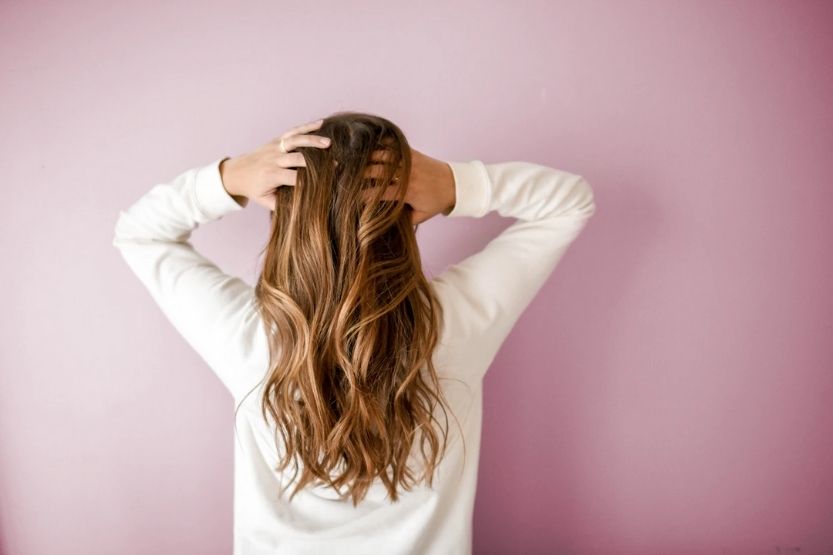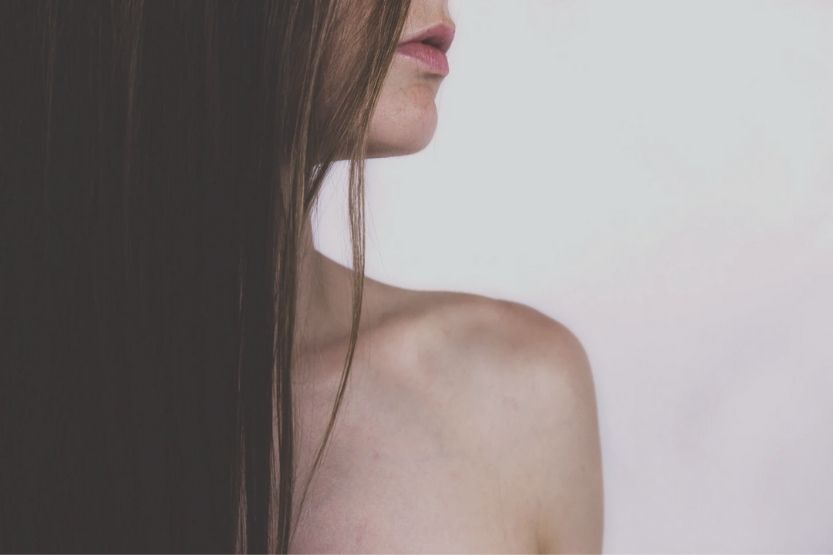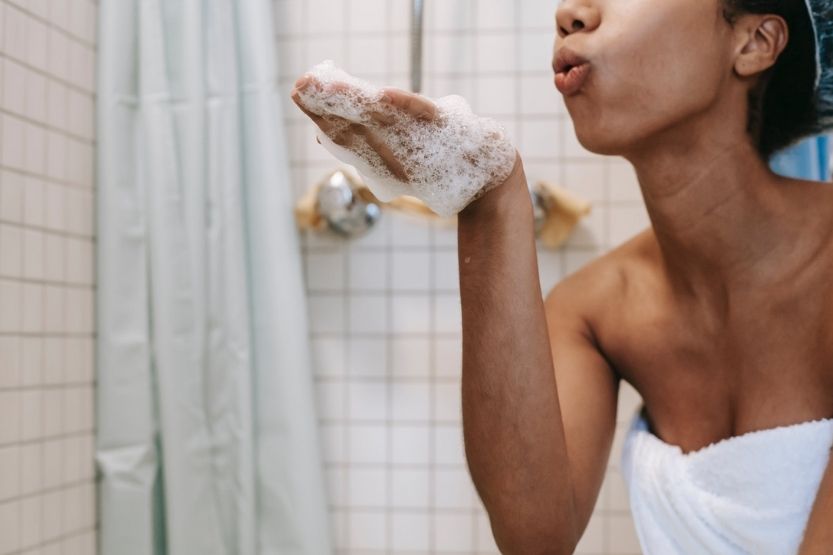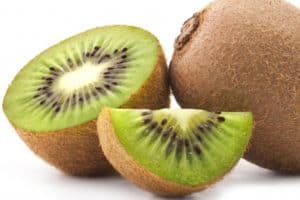Most people who use conditioner rinse it out in the shower. But what if you don’t rinse it out and instead leave it in your hair overnight? Can you leave conditioner in overnight?
Leaving conditioner in your hair overnight will either damage or smoothen your hair, depending on the type of hair conditioner you have used. If you have used a leave-in conditioner, leaving it in overnight will enhance your hair’s texture, appearance, and manageability.
If the conditioner is a rinse-out type, it will not do any good to your hair, even if you leave it overnight. It may even damage your hair because of hygral fatigue (too much moisture.) Thus, you should wash off the rinse-out conditioner after one to two minutes.
Read your conditioner’s label carefully to find out what type it is, and follow the instructions correctly. It should clearly state on the bottle if it is a “leave-in” conditioner.
Read on to learn more about hair conditioners, the types, and the good and bad effects of leaving the conditioner in overnight.
Types of Conditioners

Firstly, we should know what a conditioner is. A hair conditioner or conditioner for short is a hair product that enhances the hair’s appearance, texture, and manageability. The main goal of using a conditioner is to smoothen your hair and help you brush it smoothly. Hair conditioner consists of oils, silicones, and creams that would help your hair stay healthy and avoid damage.
1. Rinse-out Conditioner
This is the most common type of conditioner. Apply an ample amount of conditioner and gently massage your hair to coat every strand. Leave it on for one to two minutes, and then rinse it off thoroughly, making sure that you’re not leaving any residue.
Every hair type can use this kind of conditioner. This conditioner aims to protect hair cuticles and hair from damage caused by heat or other factors.
2. Deep Conditioner
A deep conditioner is intended to give you deeper conditioning (as the name suggests). It is different from other conditioners because it is left on the hair for a much longer time. It is ideal for people with damaged and dry hair because deep conditioning can reduce dryness and reverse any damage your hair has suffered.
3. Leave-in Conditioner
A leave-in conditioner is non-sticky, lighter, and finer than a traditional conditioner. Usually, it contains oils and aerosols. The main goal of leave-in conditioners is to moisturize, protect, and untangle your hair. They are not washed out like your usual conditioner and can be used by any hair type.
The hair type that can benefit from this kind of conditioner is dry, damaged, or frizzy hair. You could also use it if you’re planning on using any heat-styling tools.
4. Mask
A hair mask is a type of deep conditioner too. It is heavy and thick, and its main focus is to provide the maximum nourishment that your hair needs. The hair mask thoroughly penetrates your hair cuticles to provide protein and moisture that can hydrate your hair.
5. Cleansing Conditioners
This conditioner is designed to pre-treat extra curly and damaged hair before shampooing. It contains amphoteric surfactants and cationic ingredients that can react with ions with opposite charges.
To see more, check out: https://howchimp.com/can-you-leave-conditioner-in-your-hair/
What Are the Effects of Hair Conditioners?
The effects of conditioners are to prevent and reduce any hair damage and split ends. They also untangle and make your hair smoother.
Summary Benefits of Hair Conditioners
- Prevent hair from drying
- Allow lustrous growth of hair
- Moisturize hair and maintain moisture
- Help nourish hair
- Untangle and smoothen hair
- Reduce and prevent split hair
- Provide hair’s protective coating
- Enhance hair growth
- Ensure healthy hair growth
What Are the Effects of Leaving Hair Conditioner Overnight?
Using a hair conditioner or a deep conditioner and leaving it on your hair overnight can certainly damage rather than improve your hair. It can leave your hair brittle and more supple over time because too much water is being sucked up into the hair cuticle.
Experts recommend the use of a hair conditioner as instructed on its label. Leaving the conditioner more than you should leave your hair in worse condition than at the onset. It can also put your hair at risk of damage, such as hygral fatigue. Hygral fatigue happens when your hair or hair cuticle has too much moisture than it usually should.
Do Conditioners Have Bad Effects on Your Hair?
Although, in general, conditioners have a good effect on your hair, as listed above, they also have some harmful effects that you can avoid. Too much of anything can be dangerous. This is why you should only leave a conditioner as instructed by the manufacturer.
Leaving conditioner in your hair longer can cause build-up, making your hair feel sticky, greasy, and heavy. Mentioned below are more disadvantages of conditioners.
Disadvantages of Using Hair Conditioners

1. May Worsen Acne
Acne worsens when you don’t wash your hair thoroughly with conditioners. The conditioner’s ingredients can exacerbate an existing acne breakout, too, as its oil content could clog your skin pores. Thus, wash off the conditioner from your hair and face properly.
Ensure that your face is free of the conditioner by washing it with copious amounts of water. Avoid rubbing or picking your acne as you wash. Instead, use gentle circulatory movements on your face to wash off the conditioner.
2. May Cause Allergy
Some people are allergic to the ingredients of hair conditioners. You may want to test first a small portion of the conditioner on your skin before using it. Allergic reactions can prove fatal if you go into anaphylactic shock that could cause coma and eventual death.
In this case, you should rush to the nearest health facility for treatment. However, if the symptoms are mild, these would go away once you stop using the product.
3. Silicon Accumulation Damages Hair
Some hair conditioners contain silicon. Silicon can accumulate in your hair and damage it if you continue to rinse your hair improperly. Thus, ensure that you wash off all traces of conditioner from your hair and scalp.
4. Hair Can Become Heavy
Hair conditioners contain oils, and when not rinsed off thoroughly, these oils can add more oil to an already oily and thick hair. This effect will result in heavier hair that would appear limp, unruly, and unhealthy.
Leaving your conditioner in overnight could damage your hair if it is a rinse-out type. If you have used a leave-in conditioner, it will enhance your hair’s texture, appearance, and manageability. You should rinse your hair after one to two minutes if it is the rinse-out type.
It will not do any good to your hair even if you leave it overnight. The conditioner may even damage your hair due to hygral fatigue (too much moisture.)
How Often Should You Use a Conditioner?
How often you could use a conditioner depends on your hair’s texture, length, condition, and whether you had applied something to your hair, such as bleach or dyes. It also depends on your hair’s needs and the things you do to your hair, like heat drying or straightening.
However, you can use a conditioner daily or twice/thrice a week, preferably on the days you don’t use a shampoo or after you use a shampoo. You can use a conditioner daily for normal hair, but you could use the conditioner less often, twice, or thrice a week for oily hair.
Hair experts recommend using a non-toxic or mild conditioner to prevent damage to your normal hair.
Again, when using conditioners, you shouldn’t leave them longer than recommended because, in some cases, it could leave your hair even more damaged than before.
Ingredients of Hair Conditioners
To understand the effects of hair conditioners, you should know their primary ingredients. Most hair conditioners contain the following basic components:
1. Moisturizers and Oils
Conditioners contain moisturizers, such as humectants, essential fatty acids, and natural oils. These are responsible for maintaining the smoothness and lustrous traits of your hair so that you can comb and manage it easily.
2. Acidity Regulator
You should maintain your hair’s pH (acidity and alkalinity) at pH 3.5, which is acidic. This acidity will ensure that your hair is lighter and remains straightened.
3. Surfactants
Surfactants are responsible for protecting the hair with its hydrophobic coating while attaching to the amino acid anions found on the keratin’s surface. Examples of these are behentrimonium chloride and cetrimonium chloride.
4. Sunscreens
Sunscreens, such as benzophenone-4 and ethylhexyl methoxycinnamate, prevent sun damage through their protective covering on the hair’s surface.
Tips for the Proper Use of Hair Conditioners

1. Follow the Instructions for Each Conditioner
There are various types of conditioners for specific hairs; thus, you must carefully read the label and follow them.
After shampooing and washing, you have to remove excess water first before applying it for rinse-out conditioners. Leave it on for one to two minutes, and then rinse your hair thoroughly to remove the conditioner’s residues.
For leave-in conditioners, you have to shampoo and towel dry your hair before applying it. Leave the conditioner in your hair overnight and wash it the next day.
2. Before Applying Conditioner, Shampoo and Wash Your Hair Properly
Shampooing your hair will get rid of dirt and grime. Wash off the shampoo and grime adequately to make your hair squeaky clean before applying the conditioner. Of course, remove excess water as well after shampooing.
3. Test the Conditioner’s Ingredients on Your Skin before Use
If you’re susceptible to allergies, do a skin patch test first before using the conditioner. Apply a small amount on a patch of your skin and observe for any allergies within 30 minutes. If you experience itchiness, redness, and swelling in that area, don’t use the conditioner. If there are no untoward reactions, then you can safely use the product.
4. Avoid Applying Conditioner on Scalp
Don’t apply the hair conditioner on your scalp unless stated on the label. Gently rub the conditioner in your hair until all strands are coated. Focus on the hair’s ends, as this is where split ends usually occur.
5. Don’t Overuse Conditioners
You might think using conditioners more than once a day would make your hair smoother and healthier. This is incorrect. Overuse of conditioners can render your hair heavier and limp, as described above. It would help if you used conditioners only as directed in its label, typically daily, twice, or thrice a week. [1]
Conclusion – What Happens If You Leave Conditioner in Overnight?
Leaving conditioner in overnight mode will either damage or smoothen your hair. The effects would depend on the type of hair conditioner you have used. Leaving a leave-in conditioner will enhance your hair’s texture, appearance, and manageability.
However, leaving a rinse-out type of conditioner may even damage your hair because of hygral fatigue, in which there is too much moisture. You should rinse this type of conditioner after 5 minutes. No matter how long you leave a rinse-out conditioner on your hair, it will do no good.
Using hair conditioners properly will ensure that your hair gets the best treatment and care it deserves. After all, your hair is your crowning glory, and you should attend to it just like you would do to the rest of your body.




